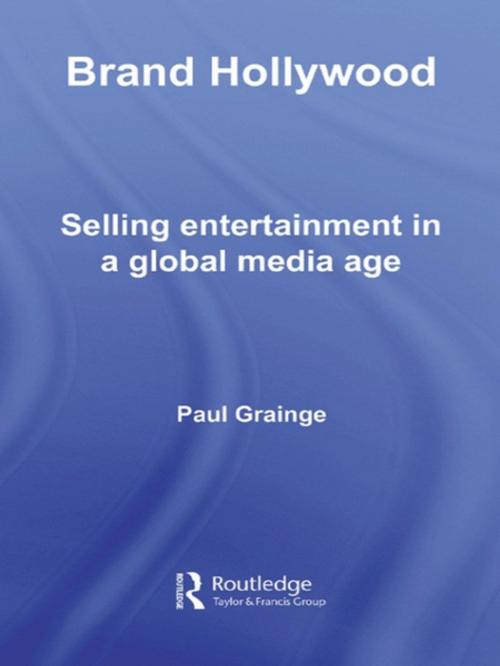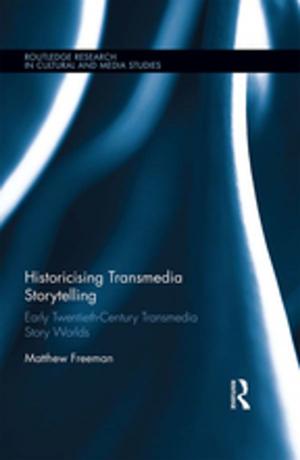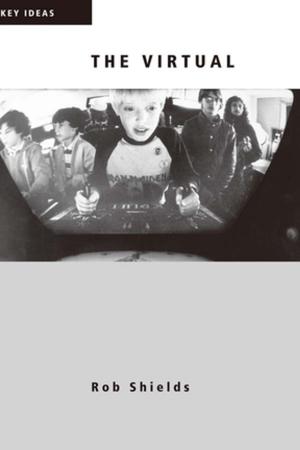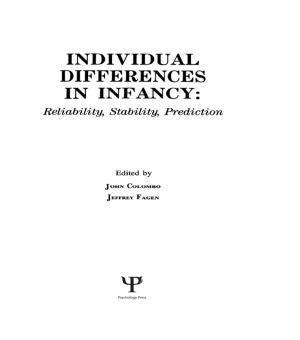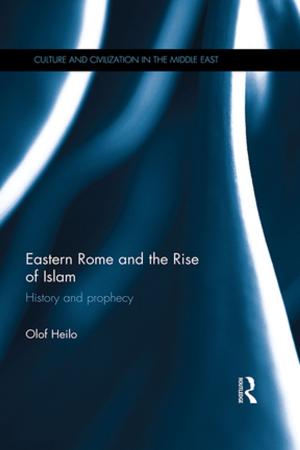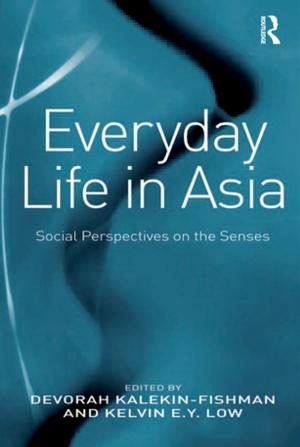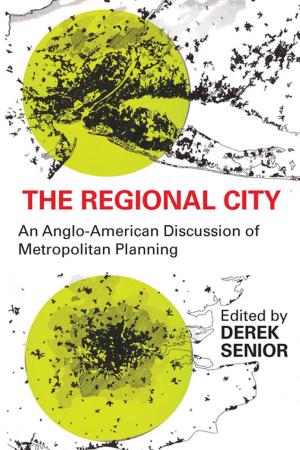Brand Hollywood
Selling Entertainment in a Global Media Age
Nonfiction, Entertainment, Film, History & Criticism, Performing Arts, Social & Cultural Studies, Social Science| Author: | Paul Grainge | ISBN: | 9781134258963 |
| Publisher: | Taylor and Francis | Publication: | October 31, 2007 |
| Imprint: | Routledge | Language: | English |
| Author: | Paul Grainge |
| ISBN: | 9781134258963 |
| Publisher: | Taylor and Francis |
| Publication: | October 31, 2007 |
| Imprint: | Routledge |
| Language: | English |
From the growth in merchandising and product placement to the rise of the movie franchise, branding has become central to the modern blockbuster economy. In a wide-ranging analysis focusing on companies such as Disney, Dolby, Paramount, New Line and, in particular, Warner Bros., Brand Hollywood provides the first sustained examination of the will-to-brand in the contemporary movie business. Outlining changes in the marketing and media environment during the 1990s and 2000s, Paul Grainge explores how the logic of branding has propelled specific kinds of approach to the status and selling of film. Analyzing the practice of branding, the poetics of corporate logos, and the industrial politics surrounding the development of branded texts, properties and spaces - including franchises ranging from Looney Tunes to Lord of the Rings and Harry Potter to The Matrix - Grainge considers the relation of branding to the emergent principle of ‘total entertainment’.
Employing an interdisciplinary method drawn from film studies, cultural studies and advertising and media studies, Brand Hollywood demonstrates the complexities of selling entertainment in the global media moment, providing a fresh and engaging perspective on branding’s significance for commercial film and the industrial culture from which it is produced.
From the growth in merchandising and product placement to the rise of the movie franchise, branding has become central to the modern blockbuster economy. In a wide-ranging analysis focusing on companies such as Disney, Dolby, Paramount, New Line and, in particular, Warner Bros., Brand Hollywood provides the first sustained examination of the will-to-brand in the contemporary movie business. Outlining changes in the marketing and media environment during the 1990s and 2000s, Paul Grainge explores how the logic of branding has propelled specific kinds of approach to the status and selling of film. Analyzing the practice of branding, the poetics of corporate logos, and the industrial politics surrounding the development of branded texts, properties and spaces - including franchises ranging from Looney Tunes to Lord of the Rings and Harry Potter to The Matrix - Grainge considers the relation of branding to the emergent principle of ‘total entertainment’.
Employing an interdisciplinary method drawn from film studies, cultural studies and advertising and media studies, Brand Hollywood demonstrates the complexities of selling entertainment in the global media moment, providing a fresh and engaging perspective on branding’s significance for commercial film and the industrial culture from which it is produced.
